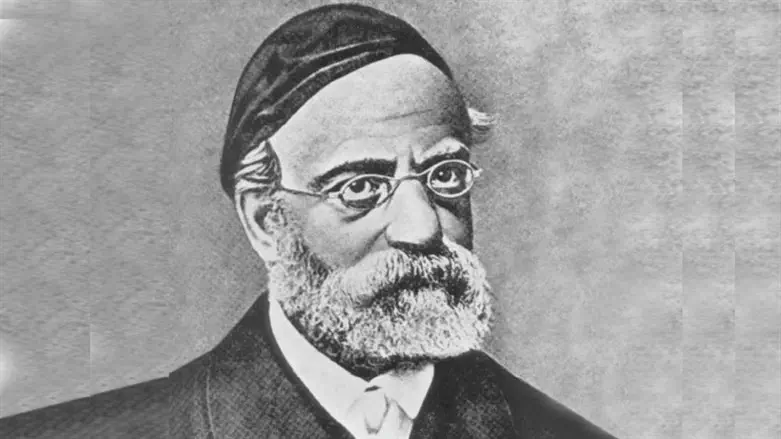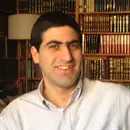
The Torah tells us at the end of Parshas Bereishis that G-d reconsidered His decision to create man and “grieved in His heart.”
The Rambam and other medieval philosophers stress that G-d does not really grieve, change His mind, grow angry, or have other human emotions. But if that’s true, why does the Torah constantly ascribe such feelings to G-d?
Because, writes Rav Hirsch, “losing all idea of the personality of G-d” is a greater danger than having “the slightest thought of any materiality or corporeality of G-d.”
The Torah wants us to think that our actions can, in fact, cause G-d to grieve or grow angry (or rejoice, as the case may be). Rav Hirsch continues: “The Raavad already…is of the opinion that such consciousness of the personality of G-d is of much greater importance than speculating about it, as to whether this or that can be asserted of G-d.”
This comment is an interesting interpretation of the Raavad’s famous criticism of the Rambam and also a very insightful remark on the Torah’s purpose. If its purpose were to provide a perfect philosophical conception of G-d, it “could easily have…avoided” such expressions as “G-d grieved,” “G-d smelled,” etc., writes Rav Hirsch.
But that isn’t the Torah’s purpose. Above all, the Torah is a guidebook on how to live a G-dly life. And for 99 percent of us, that means relating to G-d in the very down-to-earth manner in which the Torah presents Him. It isn’t child-like to think of G-d as a king and father whom we can make happy and sad. It’s exactly how G-d wants us to think about Him. How do we know? Because He had Moshe describe him that way in the Torah.
Rav Samson Raphael Hirsch (1808-1888) – head of the Jewish community in Frankfurt, Germany for over 35 years – was a prolific writer whose ideas, passion, and brilliance helped save German Jewry from the onslaught of modernity.
Elliot Resnick, PhD, is the host of “The Elliot Resnick Show” and the editor of an upcoming work on etymological explanations in Rav Samson Raphael Hirsch’s commentary on Chumash.
